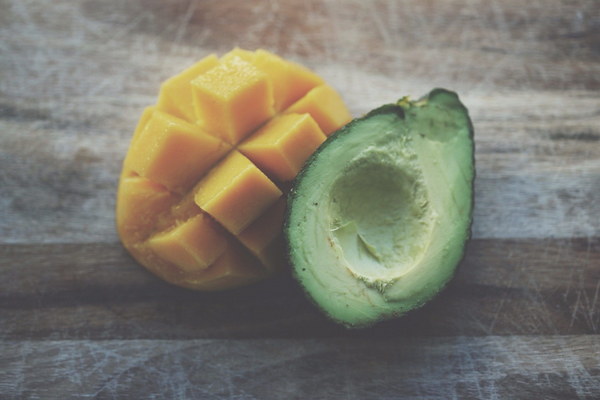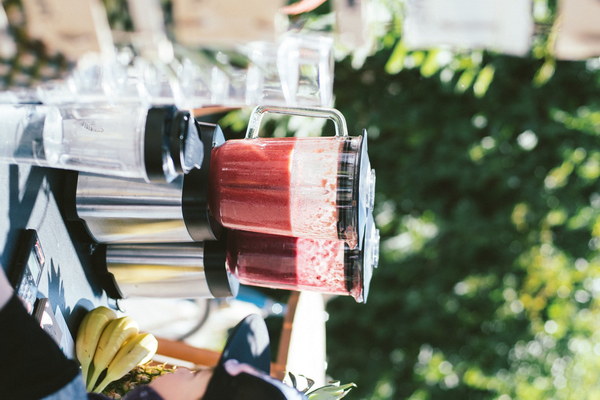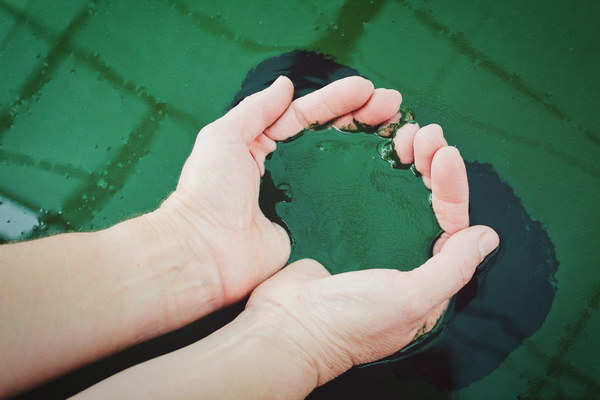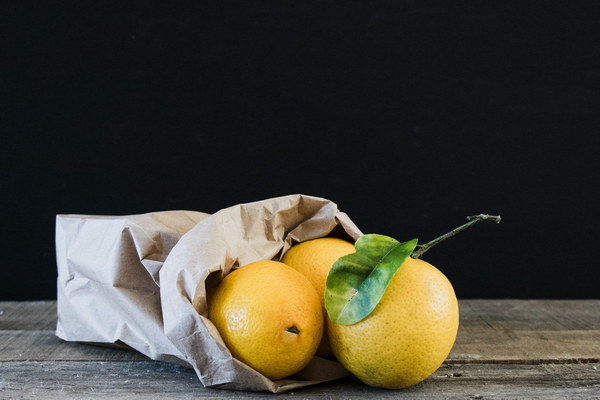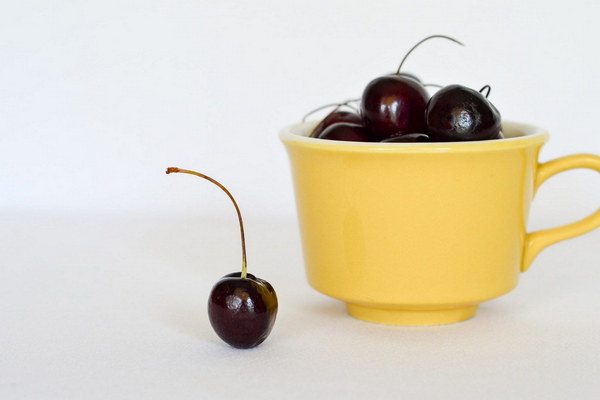Effective Remedies for Removing Dampness Without Acupuncture A Comprehensive Guide
Introduction:
Dampness, or dampness syndrome, is a common health condition in traditional Chinese medicine, characterized by symptoms such as fatigue, weight gain, and fluid retention. While acupuncture is a popular method for treating dampness, not everyone has access to this therapy. This article aims to provide an informative guide on the most effective ways to eliminate dampness without resorting to acupuncture.
1. Diet and Nutrition:
A balanced diet plays a crucial role in the removal of dampness. Here are some dietary recommendations:
a. Avoid cold, raw, and damp foods: Cold foods can exacerbate dampness, while raw and damp foods can contribute to its accumulation. Foods to avoid include ice cream, salads, and uncooked vegetables.
b. Increase consumption of warming foods: Warming foods can help to break down dampness and improve circulation. Examples include ginger, cinnamon, and garlic.
c. Include diuretic foods: Diuretic foods help to eliminate excess fluid from the body, thereby reducing dampness. Foods such as watermelon, cucumber, and asparagus are excellent choices.
d. Choose nutrient-rich foods: A diet rich in vitamins, minerals, and antioxidants can support the body's natural ability to expel dampness. Fruits like blueberries, strawberries, and oranges, as well as vegetables like spinach and kale, are beneficial.
2. Lifestyle Adjustments:
Lifestyle plays a significant role in dampness accumulation. Here are some tips to help you combat dampness:
a. Regular exercise: Physical activity helps to improve circulation and promote the removal of dampness. Engaging in activities such as walking, jogging, or yoga can be beneficial.
b. Avoid excessive moisture: Damp environments can contribute to the accumulation of dampness. Ensure your living space is well-ventilated and keep your body dry during wet weather.

c. Limit exposure to cold: Cold weather can weaken the body's defenses against dampness. Dress warmly, especially during rainy or snowy seasons.
d. Manage stress: Chronic stress can weaken the immune system and lead to dampness accumulation. Practice stress-reducing techniques such as meditation, deep breathing exercises, or spending time in nature.
3. Herbs and Supplements:
Herbal remedies and supplements can help to alleviate dampness symptoms. Here are some options:
a. Cinnamon: This spice has warming properties and can help break down dampness. Add a teaspoon of cinnamon to your tea or sprinkle it on your meals.
b. Turmeric: Known for its anti-inflammatory properties, turmeric can help to eliminate dampness. Add turmeric to your curries, soups, or smoothies.
c. Dandelion: This herb acts as a natural diuretic and helps to remove excess fluid. You can drink dandelion tea or take dandelion supplements.
d. Schisandra: This Chinese herb is believed to support the liver and improve the body's ability to expel dampness. Schisandra can be taken as a tea or in supplement form.
Conclusion:
While acupuncture is an effective treatment for dampness, there are various alternative methods to help you achieve the same results. By adopting a balanced diet, making lifestyle adjustments, and incorporating herbs and supplements, you can effectively remove dampness from your body without resorting to acupuncture. Remember, it's essential to consult with a healthcare professional before starting any new treatment or dietary changes.


